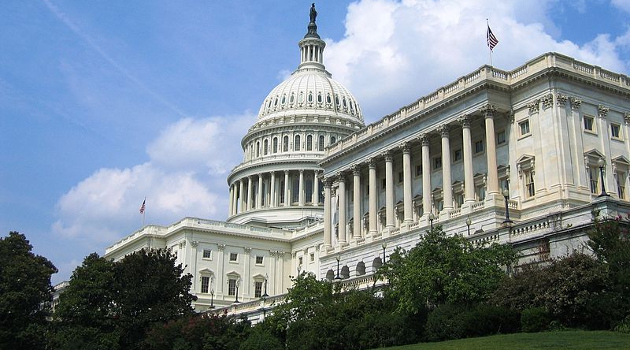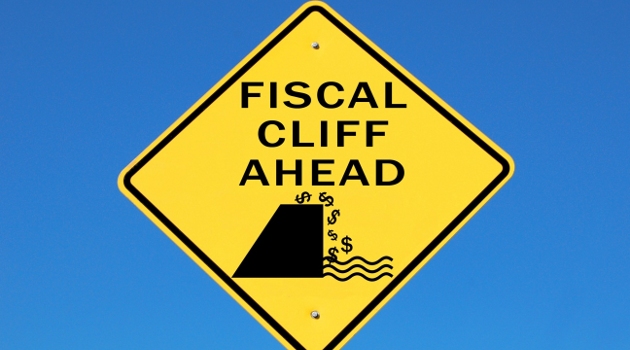
by Dan Mitchell | Mar 1, 2018 | Big Government, Blogs, Government Spending
I write constantly (some would say incessantly and annoyingly) about entitlement spending. And I occasionally write about discretionary spending. It’s time to address the budget in a comprehensive fashion. Let’s look at five charts to put everything in context and to...

by Dan Mitchell | Feb 28, 2018 | Big Government, Blogs, Economics, Government Spending, Taxation
I sometimes sardonically comment about Democratic politicians playing Santa Claus, but Republicans can play that game as well. Trump and his allies in Congress recently agreed on a big-spending budget deal that lavishes more money on both the Pentagon and domestic...

by Dan Mitchell | Feb 25, 2018 | Blogs, Economics
In yesterday’s column, I shared a humorous video mocking the everywhere-its-ever-been-tried global failure of socialism. And I tried to preempt the typical response of my left-wing friends by pointing out that Scandinavian nations are not role models for statism. In...

by Dan Mitchell | Feb 23, 2018 | Big Government, Blogs, Economics, Government Spending, Taxation
At some point in the next 10 years, there will be a huge fight in the United States over fiscal policy. This battle is inevitable because politicians are violating the Golden Rule of fiscal policy by allowing government spending to grow faster than the private sector...
by Dan Mitchell | Feb 9, 2018 | Big Government, Blogs, Economics, Government Spending
The biggest victory for taxpayers during the Obama years was the Budget Control Act in 2011, which imposed sequester-enforced caps on discretionary spending. Indeed, that legislation was then followed by a sequester in early 2013, which was a stinging defeat for Obama...





